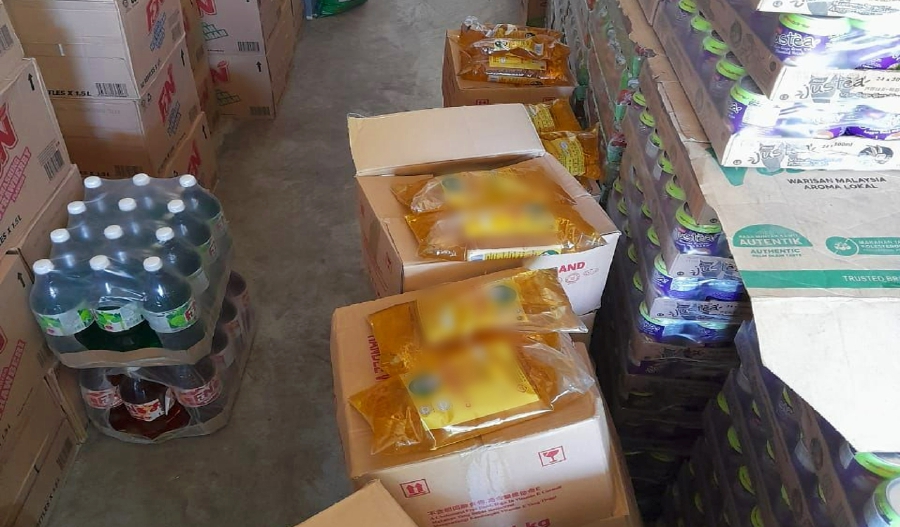IT may be time for a subsidy rationalisation. Economists are saying so. It may just be the panacea for the country's deficit — that widened to 6.4 per cent of the gross domestic product last year from 6.2 per cent the previous year — and the rising national debt, which now stands at RM1.3 trillion.
For years, economists have said that subsidies are regressive, market distorting, favouring the middlemen and harming the poor. Keeping goods cheap, they say, causes "leakage and wastage".
Reportedly, Putrajaya spent billions to offset the rise in prices of essential goods, which purportedly helped to keep inflation low. Bear in mind though, subsidies for food and fuel in 2020 alone amounted to RM31 billion, but this year, they have risen to RM77 billion.
There are projections the subsidies will grow to RM80 billion.
The numbers are disconcerting, and experts have raised doubt about the country's food security and warned of the implications on long-term sustainability.
Former Economic Action Council member Professor Tan Sri Dr Noor Azlan Ghazali says the subsidies are almost equal to the salaries paid out to civil servants — RM84.5 billion — and have eclipsed the country's development expenditure of RM71 billion last year.
Using simple math, he wrote on Facebook; assuming that the cost of one hospital is RM500 million, and with RM80 billion in subsidies, that can be used to build 160 hospitals. Or, based on the RON95 market price of RM4.70 per litre and pump price of RM2.05, the government is subsidising RM2.65 for every litre sold. This means that fuel subsidies alone would cost RM37 billion.
This is almost the same as building 74 hospitals. All that money can be used to improve the well-being of the people and provide aid for the needy.
Subsidy rationalisation or restructuring is not new. In 2009, when Malaysia experienced an economic crisis, the government focused on improving the resiliency and competitiveness of the economy with targeted subsidies and prudent spending.
A year later, the economy solidified with gross domestic product growth at 7.4 per cent. The government was then able to introduce a new minimum wage, improve the tax system, launch direct aid to vulnerable groups and embark on projects.
Restructuring of subsidies is not about eliminating them, but "it's to achieve a fair price for the sectors that are being subsidised, which will lead to prices stabilising", says an economist.
Start by letting market forces decide the prices of goods. Introduce a policy that takes into account income levels, dependents and location for targeted subsidies. To control prices, the process must be understood at all levels.
There must be regular follow-up assessments and measures to keep traders in check. We, the masses, can help too. Change our spending habits, switch to affordable brands, and focus on necessities.
A fair price is when all segments of society pay according to their financial ability, says an economist. As American economist Abhijit Banerjee puts it: a well-designed subsidy programme will help people make the best of the opportunities they have, but poorly designed ones do very little or may make things worse.





